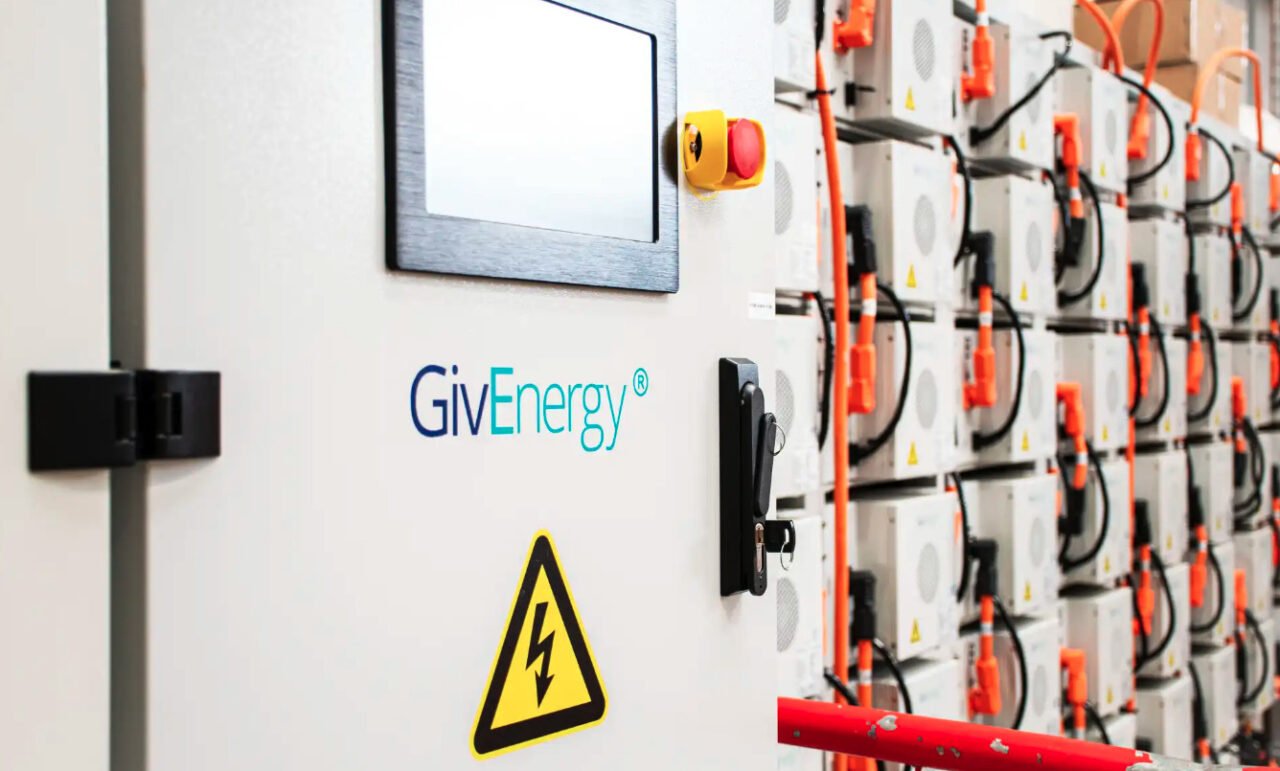
Roberts pointed out that not everyone has the space for rooftop solar, particularly low-income households in high-rise apartments. But everyone can take advantage of time-of-use tariffs increasingly being brought in by utilities, by charging the battery during off-peak periods and then using that power during peak periods.
He claimed this alone could lead to a payback of four or five years on the investment although other figures might suggest it would take longer.
The company manufactures battery storage and EV charging solutions for the residential and commercial and industrial (C&I) markets from its factory in China which it then sells into the UK market via distributors. Its flagship product is the All in One 6.0, lithium iron phosphate (LFP) 6-7.2kW/13.5kWh AC inverter-coupled home battery.
The shift towards a ‘battery first’ market may also be related to the phase out of feed-in-tariffs (FITs) for solar PV systems in 2019, covered extensively by our sister site Solar Power Portal.
UK market growth and VAT cut
As reported by Solar Power Portal last week, UK Microgeneration Certification Scheme (MCS) certified home battery installations rose 700% year-on-year in March 2024, exceeding 1,000 in one month for the first time. Roberts cautioned that this was mainly because the MCS only recently started counting figures.
The government exempting domestic batteries from VAT, effective February 1 2024, is boosting energy storage take-up, a technology that “has not yet been adequately put onto the political agenda,” he said.
“So, this move is a critical step in encouraging the adoption of sustainable technologies. It fosters greater energy self-sufficiency for households and represents an important (if overdue) step in the right direction,” Roberts said.
“Plus, if our own sales records at GivEnergy are anything to go by, the VAT relief is stimulating growth in the energy storage industry. Installers can now offer more competitive pricing to consumers for project completion. This, in turn, appears to be spurring increased demand for energy storage solutions, driving technological advancements and fostering job creation within the sector.”
There was a big boom in the home battery market was a few years ago, around the time of Russia’s invasion of Ukraine as people sought to insulate themselves from high energy prices, Roberts added.
“Now the big growth is in new builds, as there is more and more pressure on new build properties being insulated and electrified well rather than relying on gas,” Roberts said.
“Battery storage allows you to open up cheaper electricity rates to the people that need it most, so we’re working with a lot of social housing providers to enable people on the lowest salary bands to be able to afford that cheap energy.”
Smaller batteries like its 2.6kWh unit can be installed within flats with the right installation process, he added.
Roberts claimed that GivEnergy has a 35% share of the UK home battery market. The main thing needed for home battery take-up to increase is to more education about the benefits of battery storage within the consumer and installer community, he added.
Affordability
Roberts mentioned earlier the firm’s work with social housing providers to increase access amongst low-income households to battery storage.
Home batteries are still a relatively significant outlay for the majority of people. All In One currently retails for around £6,000+ (US$7,500) according to most Google search results.
The firm works with partners to provide 0% financing and leasing options for those who cannot afford the up-front payment.
We then asked Roberts about how falls in the prices of lithium-ion batteries globally was impacting this and whether those price falls would be passed on to consumers.
“As you see the prices go down, definitely. It’s something we’ve seen a lot more in solar panels than I would say batteries. But the battery market is competitive and we’ve seen some very good deals in the last few years, hopefully that continues.”
Manufacturing
GivEnergy is beginning to onshore its supply chain, last week opening a factory in Stoke, central England, which will assemble the C&I systems and then later on the EV charging.
The firm hopes to bring its home battery manufacturing to the UK in the next three years too but one big challenge is around getting access to the right land, ahead of developers.
Roberts also said there appears to be more willingness to support larger foreign companies building gigafactories in the UK than smaller UK-owned ones.
According to reports, Indian conglomerate Tata and Japanese automotive group Nissan recently received financial incentives to build gigafactories in the UK, for example.


